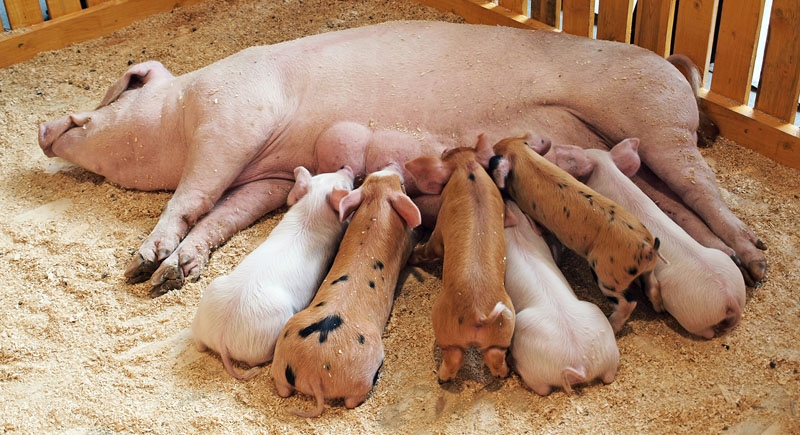Animal organs to be used for humans: Scientists develop pigs for transplants

It is a process where animal organs and cells are transplanted into humans. Since pig organs are functionally similar to humans, more than 200 xenotransplantations have been conducted in several countries including New Zealand and Russia.
According to the team, which includes researchers from Meiji University and Kyoto Prefectural University, the animal is the first to be developed for transplantation based on national guidelines for xenotransplantation, in which animal organs and cells are transplanted into humans.
The scientists raised the miniature pigs in pathogen-free conditions. They first removed and disinfected the uteruses of three pregnant pigs, before extracting 17 newborn piglets. The piglets were fed sterile artificial milk and raised for three weeks. The final result yielded pigs that each weighed about 1.8 kilograms and were suitable for transplantation.
Tests thus far have only revealed the presence of a retrovirus that is harmless to pigs but said to potentially cause unknown diseases in humans.
However, there have been no reports of pig-to-human retroviral infections in transplants conducted overseas, with the guidelines calling for long-term monitoring after transplantation.
The National Center for Global Health and Medicine in Tokyo and other institutions plan to begin clinical studies within three to five years in which pig pancreatic cells will be transplanted to diabetic patients. The cells will be encased in special capsules to prevent rejection by the patient.

